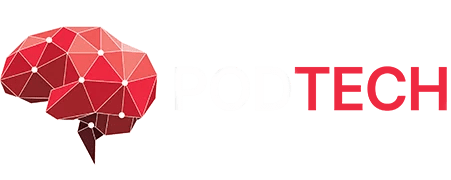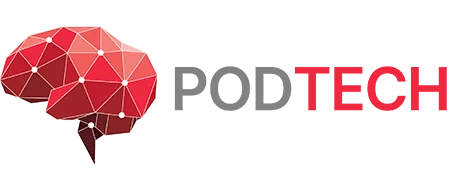12 Essential Roles of Enterprise Resource Planning (ERP) Solutions
Enterprise resource planning (ERP) is a business management system that integrate different software applications with the aim of standardizing, automating and streamlining business processes across finance, human resources, procurement, distribution, and other departments of an organization.
Enterprise resource planning aim to manage the various resources within a company to ensure they are being utilized in a cost-effective way, reduce the amount of manual labor that are performed by term as well as ensuring that all resources are being used efficiently.
How Enterprise Resource Planning Works
Organizations are made up of several departments and business units that need to constantly communicate, interact, and share data while dealing with daily business operations. If all these departments function as separate units with each information stored locally – this will add some hurdles to the process management of the organization, limiting information sharing within and between the different departments.
With ERP system in place, there will be more collaboration between the different departments of an organization because of the easy with which information can be shared and transferred. ERP’s suite of software tools are useful for tasks including human resources, bills, expense management, purchase orders, invoicing, stock management as well as detailed reports.
ERP in itself facilitates work, saves time and cost by combining detailed information and key metrics from human resources, finance, supply chains, operations, sales, manufacturing, technology, and marketing into a unified system.
This enterprise resource planning system can be adopted by different industries including Construction, Manufacturing & Distribution, Healthcare, Professional Services, Hospitality, Agriculture & Farming, Retail, Technology and Electronics, Food and Beverage, Education and Nonprofit Organizations.
12 Key Features/Roles of Enterprise Resource Planning (ERP)
Enterprise resource planning (ERP) systems are important for managing thousands of businesses of all sizes and in all industries, however, the software varies between systems and focuses on each of the industry. The key common features of the ERP systems include the following:
- Customer Relationship Management (CRM): the CRM component of an ERP system help give an integrated view of customers and their prospects – allowing organization get the most out of their marketing, sales, and customer service efforts.
- IT Helpdesk: this module of the ERP help IT terms in eliminating bugs from company’s database, prioritizes jobs, and follow-ups with stakeholders and track their ROI as a term.
- Human Resources: A human resources module can help keep track of candidate applications and handle the full scope of employee management, from onboarding to compensation management. It also automates payment processes, including tax and benefits deductions.
- Accounting: ERP systems assist accounting teams with their management process including the ability to track, store and analyze financial data like account payable, accounts receivable, costs, budgets, and forecasts.
- Finance: ERP systems also help in the planning, organizing and determining the best use of funds for a business.
- Supply Chain Management: SCM is the most critical part of every manufacturing and distribution companies. An ERP system should be able to monitor demand, supply, manufacturing status, logistics, and distribution in record time to obtain maximum business value.
- Ecommerce: product development, shipping, and supply chain modules are part of ERP system that are important for an ecommerce site because they help solve issues such as supply chain bottlenecks, logistics issues, or delay deliveries.
- Inventory and Procurement: this module help in the management of stockroom and warehouse inventories, which help in the tracking of product in/out of stock.
- Sales and Marketing: marketing and sales teams can also benefit from enterprise resource planning systems – easing their processes like selling, generating quotes and purchase orders, forecast, manage commissions and track key details.
- Data Analysis: ERP system help store data from the different departments of an organization which unifies the various processes happening in that organization. Data can thereby, be easily shared across all departments also be broadcast to multiple streams – facilitating real-time feedback and analysis to achieve better decision-making.
- Reporting: ERP reporting modules help companies’ executives gather useful information needed for business operations which are compile into reports to help make more informed decisions and identify problem areas on time.
- Manufacturing: ERP systems help manufacturing company with their daily processes including product planning, sourcing raw materials, production monitoring, forecasting, work order management, shop-floor control, distribution planning and product tracking.
At PODTECH, we build ERP software systems that can serve small, mid and large sized businesses across all industries. We also offer upgrade, integration and management services for already functional ERPs as well, to help achieve real-time insights, better customer service and reduced supply chain costs.


